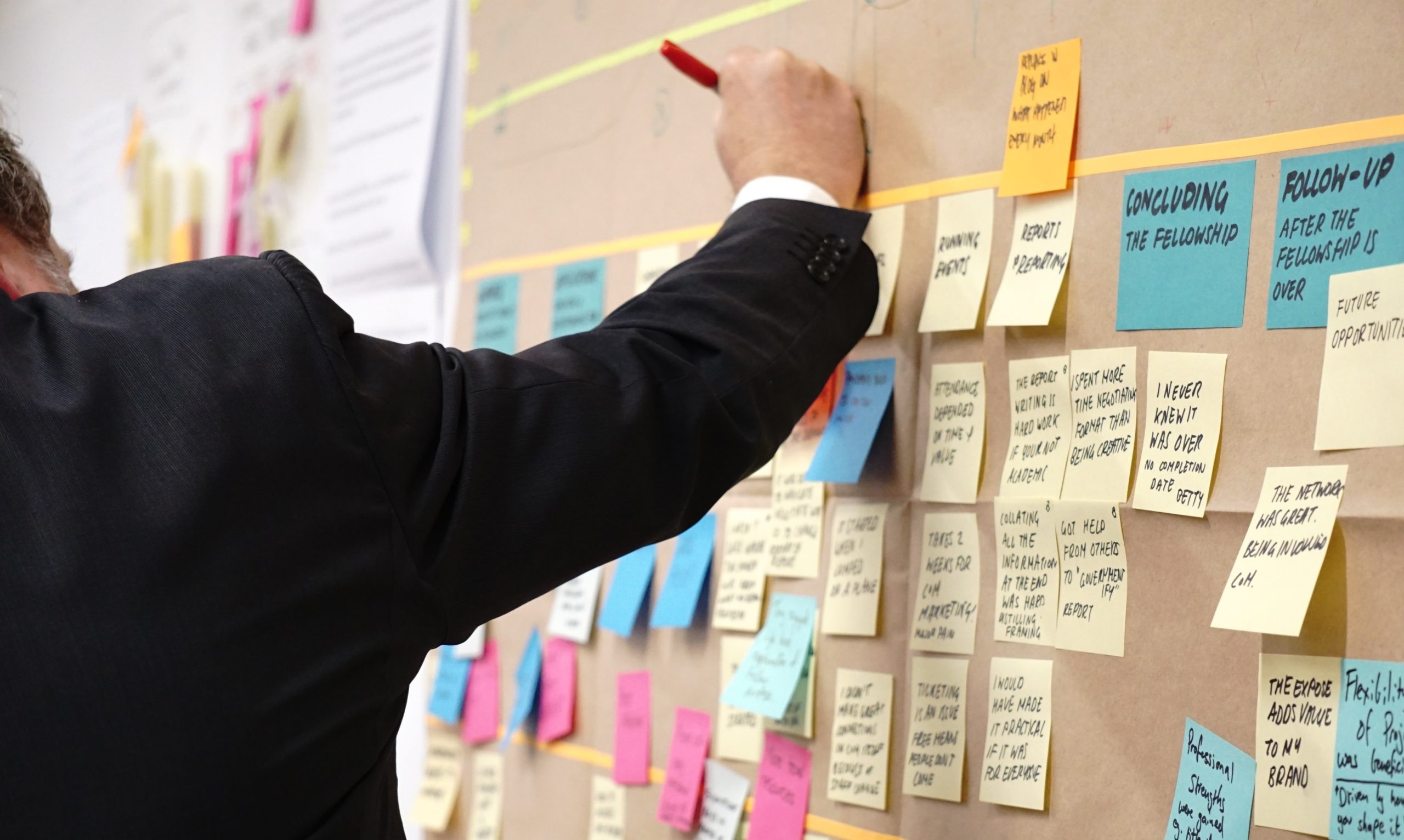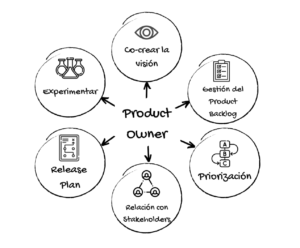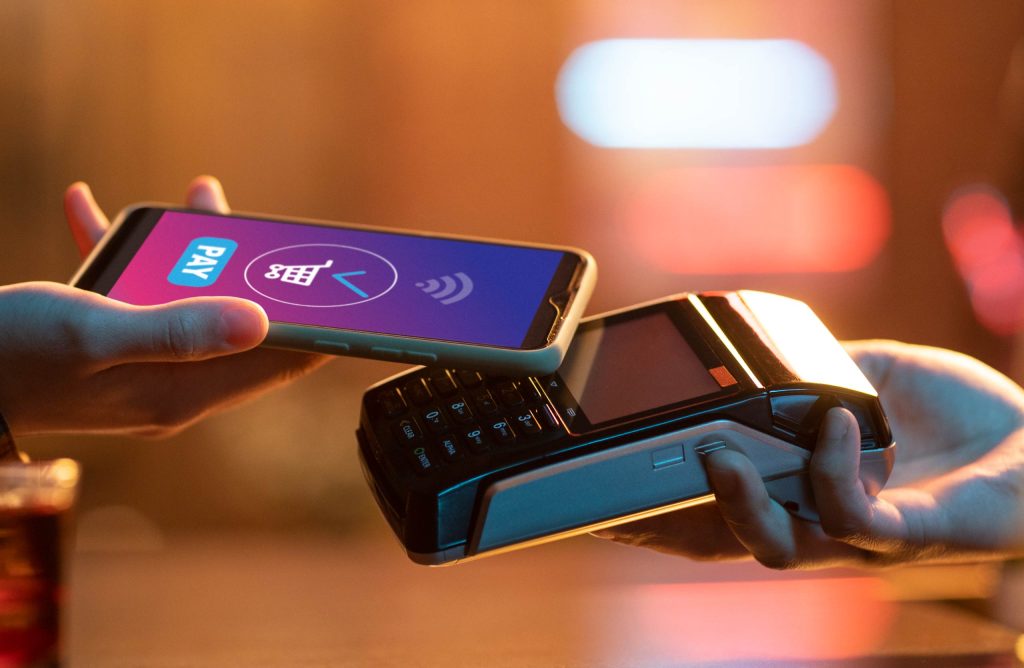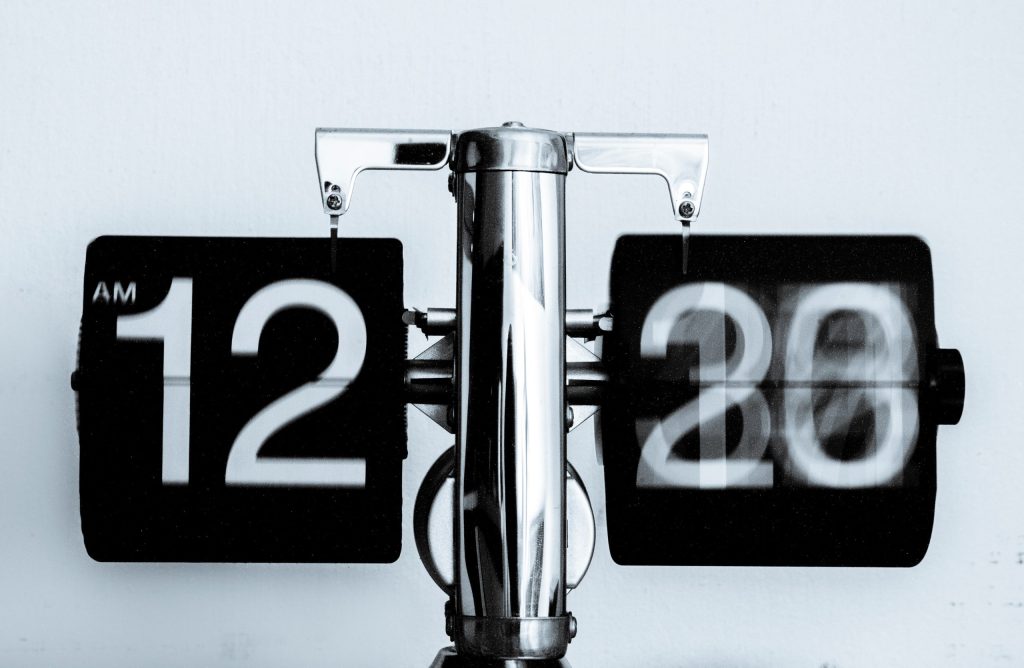What is a Product Owner?
The Product Owner is responsible for delivering the best possible product to end users. To do so, they must deeply understand the product and the business. They define specific features and transform them into tasks in the product’s backlog for the team to work on.
The Product Owner is accountable for the final product and acts as the link between the team they work with and the client. They help the team understand how the pending tasks are related to the overall product vision so that the team can focus on executing the necessary work.
The Product Owner is responsible for organizing certain ceremonies at the beginning of each project, including daily meetings to stay updated on progress and address any potential issues, weekly backlog refinement meetings, and sprint review meetings.
Product Owner’s Responsibilities
These are the Product Owner’s primary responsibilities:
-
1. Defining the product vision and fully understanding the business: The Product Owner must clearly understand the product and its intended users. This involves collaborating with stakeholders and conducting user research.
-
2. Defining project objectives: The Product Owner works with stakeholders to define the project goals and ensure alignment with the product vision.
-
3. Defining the backlog: The Product Owner is responsible for refining the pending tasks in the backlog. They manage the backlog and prioritize activities based on business needs, product goals, and user requirements. It’s essential to ensure that all parties understand the objective of each backlog item to maintain clarity and alignment with the main goal of each sprint.
-
4. Creating user stories: The Product Owner develops user stories to help the team understand the context of each product feature. User stories provide a non-technical explanation of a product feature from the user’s perspective. They define the ultimate goals of a product function, enabling the development team to understand what they are building, why, and the value it provides.
The Product Owner plays a crucial role in ensuring that the product meets the needs of the users and the business. They act as the voice of the customer and work closely with the development team to prioritize and deliver valuable features.
What is a Project Manager?

A Project Manager is responsible for planning and ensuring the successful execution of the steps involved in a project. In other words, they coordinate the team’s work to meet the project’s objectives.
They must identify any risks that may threaten the project from start to finish. Their primary focus is on the collaborators working throughout the project. Therefore, they must communicate powerfully with the teams involved and their members, addressing doubts, considering suggestions, and mediating conflicts when necessary.
Project Manager’s Responsibilities
These are the PM responsibilities:
-
1. Planning the process: The project manager is the one who defines how the project will be carried out and knows what must happen at each stage. They are the person who understands the roles of each team member and the result expected.
-
2. Managing risks: They identify and address potential risks affecting the project’s success. This involves proactive planning, mitigation strategies, and monitoring of risk factors throughout the project lifecycle.
-
3. Controlling resources: It is essential to ensure that the necessary materials are within the budget and that the required materials are available to achieve the project’s goals. The project manager is responsible for resource allocation and monitoring usage to optimize project outcomes.
-
4. Motivating the team and managing conflicts: Effective communication with the teams and their members is crucial. The project manager should be able to address doubts, consider suggestions, and mediate disputes to maintain a positive and productive team environment.
-
5. Constant supervision: Continuous monitoring allows the project manager to stay on top of issues and has better responsiveness. They track progress, identify deviations from the plan, and take corrective actions to keep the project on track.
A skilled project manager plays a vital role in ensuring the successful delivery of projects by effectively managing resources, risks, and the team, ultimately achieving project objectives.
Do you want to develop an app for your business?
At ThinkUp we are a digital product development company, obsessed with quality and specialized in mobile apps and unique user experiences. We create world-class digital products for startups and enterprises, with the goal of transforming and empowering businesses.







